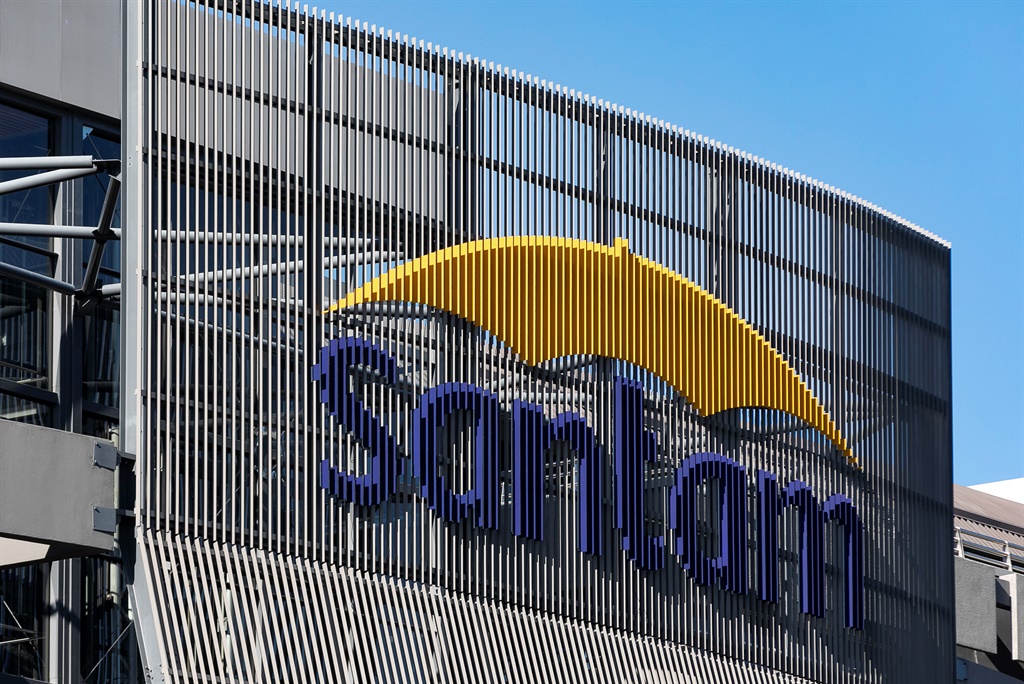


A general view of Santam Insurance Head Office on June 24, 2020
Photo: Gallo Images/Jacques Stander
- Santam has filed its answering affidavit for the business interruption insurance case that will be heard on 1 September.
- The insurer says clients’ interpretation that Covid-19 is a notifiable disease as stipulated in their specific policies is misguided.
- It said it rejected lockdown claims from Stellenbosh Kitchen and Ma-Afrika Hotels because whether there were Covid-19 cases or not within the radius the insurer covers, they would have been forced to suspend trade under lockdown anyway.
Santam says its clients’ assertion that Covid-19, which forced them to stop operating during the lockdown, is “a notifiable disease” covered by their policies is “misguided”.
The country’s biggest short-term insurer this week filed its answering affidavit to the business interruption claims case that is due to be heard in the Western Cape High Court.
Its defence rests on the fact that Santam business interruption policies that have an “extension” to cover notifiable diseases clearly state that a local authority must stipulate that it’s a notifiable disease, not national government or international bodies.
“The policy, and specifically the wording relevant to the infectious diseases extension, reveal an intention to provide cover against local events.
“A global and national pandemic, such as Covid-19, was clearly not contemplated by the policy,” wrote Santam’s head of Hospitality and Leisure division, Juan Owen Coetzee.
The insurer further argued that Stellenbosch Kitchen and Ma-Afrika Hotels’ business interruption were not caused by the two Covid-19 cases in Cape Town and Tygerberg Hospital that the clients cited as notifiable disease within the 40km radius covered by their Santam policies.
- READ | Inside the looming court case that could force insurers to pay Covid-19 claims
According to Coetzee, the fact that by the time SA went on lockdown, the virus was already wreaking havoc in countries like Italy, showed that this could not be confined to scale of a disease covered by Santam.
“The overview of the Covid-19 pandemic, how it developed, the consequences thereof and the responses thereto, show that the cause of any interruption to the applicant’s business and loss of revenue was not the two infections in Cape Town and at Tygerberg Hospital but rather the global and national events,” Coetzee argued.
Santam said even if the two cases within the two establishment’s 40km radius had not occurred, a state of disaster would still have been declared in the country and a lockdown would have occurred anyway.
Court has ruled in Guardrisk case that a lockdown is covered
In the recent judgment against Guardrisk, the Western Cape High Court addressed the question of notifiable disease in great length. According to that ruling, Covid-19 is a notifiable disease. Judge Andre Le Grange said although that announcement was made by a national minister, and not a local authority as insurers argue, “Covid-19 was by law portable to a local competent authority”.
- READ MORE | Court rules against insurer in Covid-19 claim case – but does it set a precedent?
Nicolene Schoeman-Louw, managing director at Schoeman Law Inc., said the Guardrisk judgment has clarified in “pages and pages” that Covid-19 is a notifiable disease. She said the ruling on the virus being a notifiable disease is a binding component, at least in matters heard in the Western Cape High Court. But the ruling is not binding to other regional courts unless the Supreme Court of Appeal arrives at the same conclusion.
However, given that Le Grange said each case must be decided upon its facts and the law, Santam can still advance its own argument.
“But I think the Judge’s intention is to say, there could be poorly worded policies that could deviate from the Guardrisk outcome. So yes, there could be scope for you to go to court if your policy is massively differently worded,” said Schoeman-Louw.
Guardrisk ruling has not set a precedence
Sanlam CEO, Lizé Lambrechts told shareholders during its annual general meeting on Tuesday that the insurer would wait to get its own clarity when its case is heard.
“It doesn’t really change our view at the moment and the plan is for us to continue with the case that we have on 1 September,” said Lambrechts.
Lambrechts said the insurer has “great empathy” for the businesses impacted by the virus but Santam can only commit to paying claims in accordance with the group’s policy wording and what was covered by premiums consumers paid.
“We do think that the best way to get clarity on these claims is through an expedited legal process through the courts of South Africa. Once there is 100% legal certainty, either way, Santam will act according to what the final court processes of South Africa say,” added Lambrechts.
Schoeman says there are indeed some differences between the Santam and Guardrisk cases. In Santam’s case, the insurer has already rejected the claims going to court in September, whereas Guardrisk hadn’t accepted or rejected Cafe Chameleon’s claim. Also because Santam changed its cover in June to exclude pandemics, Schoeman said that raises a question of whether this move can be interpreted as an admission that Santam was supposed to cover the lockdown losses.
Lambrecht, on the other hand, said Santam has already looked at how possible different outcomes could affect Santam’s financial position. And if the court orders that the insurer pays out, it is “confident” that its balance sheet will remain strong.

